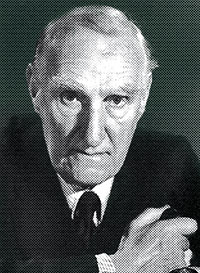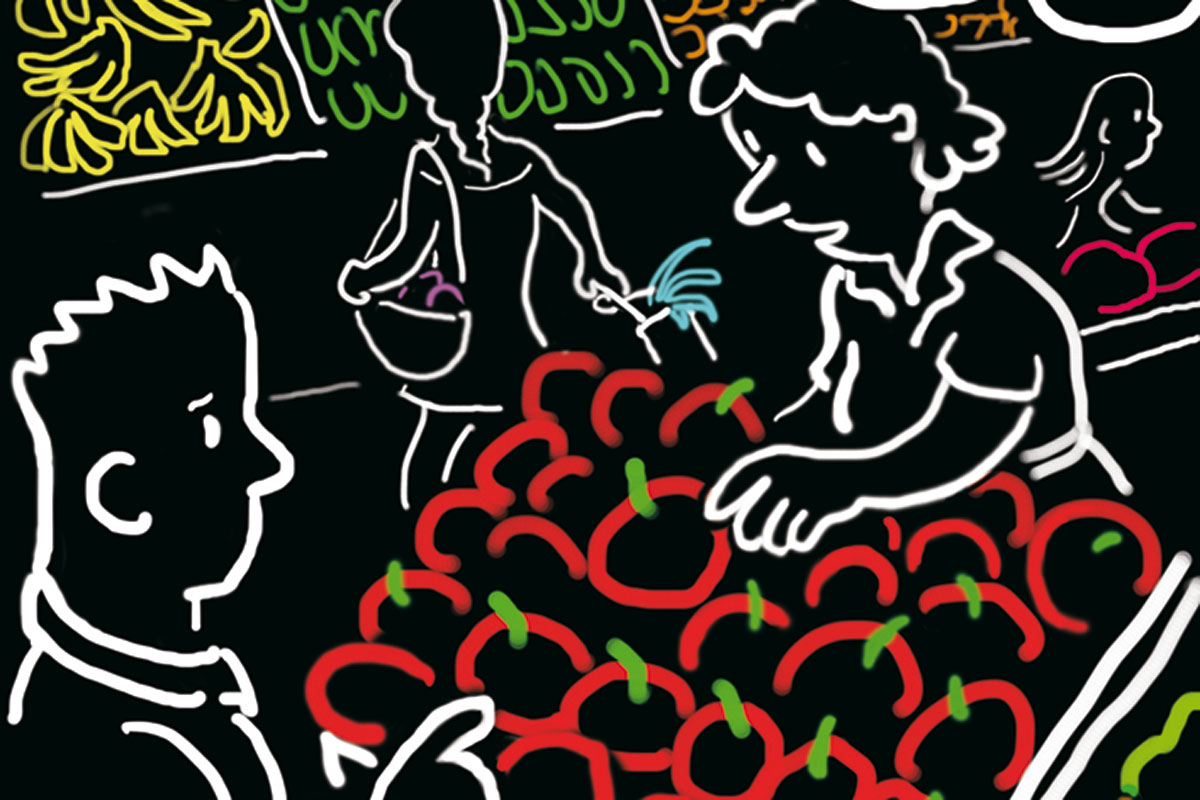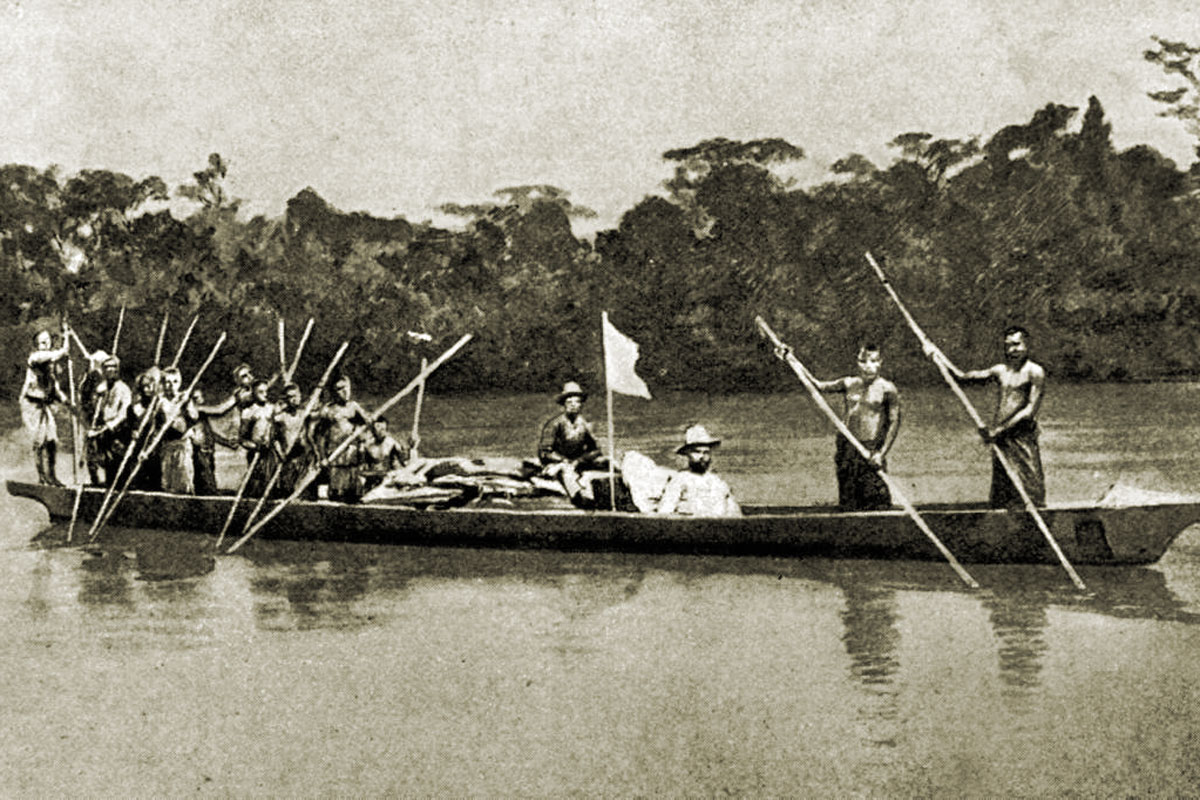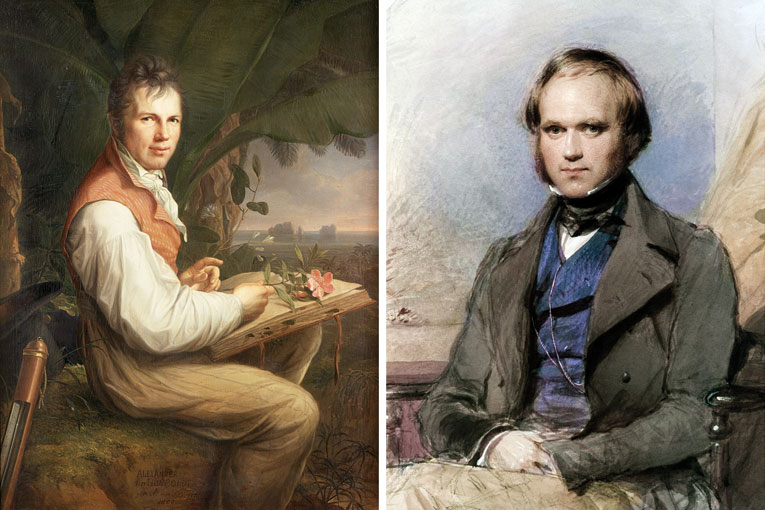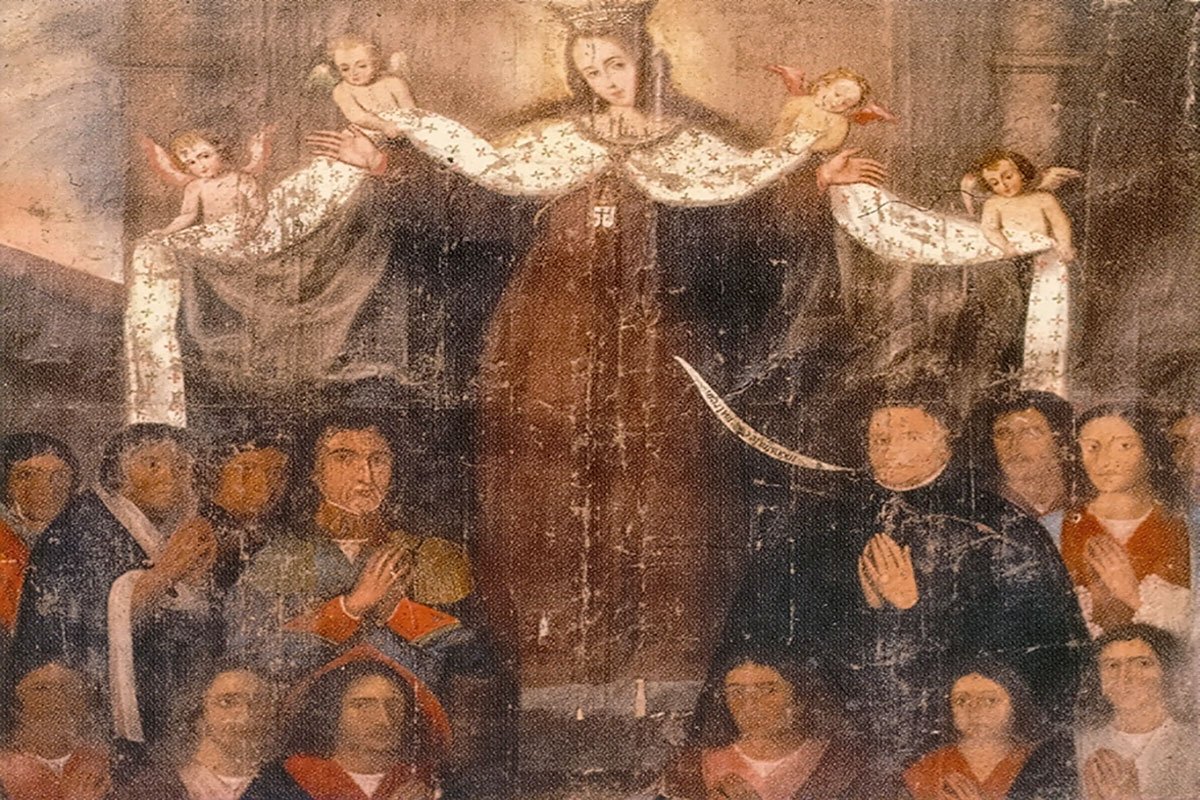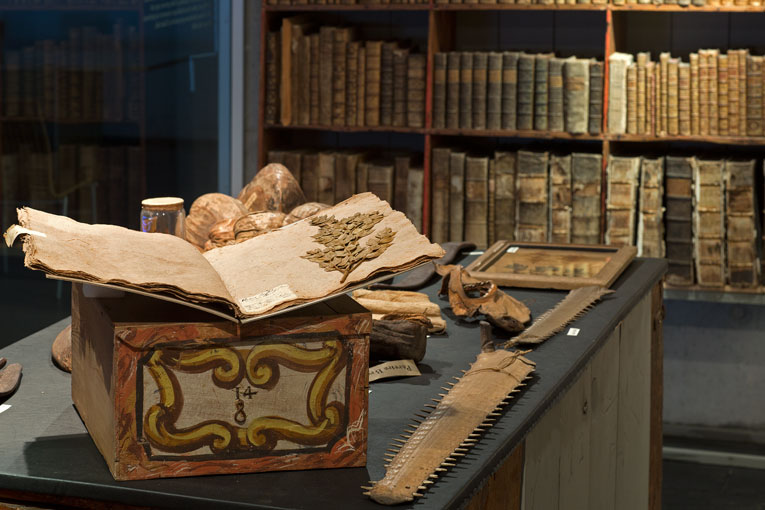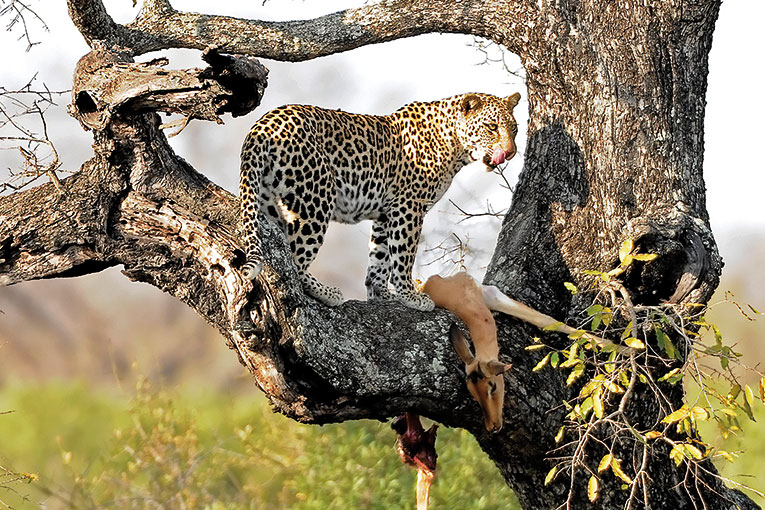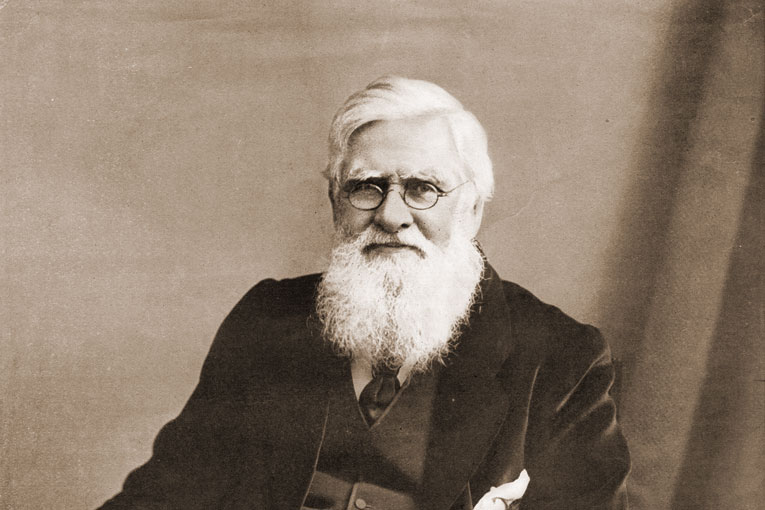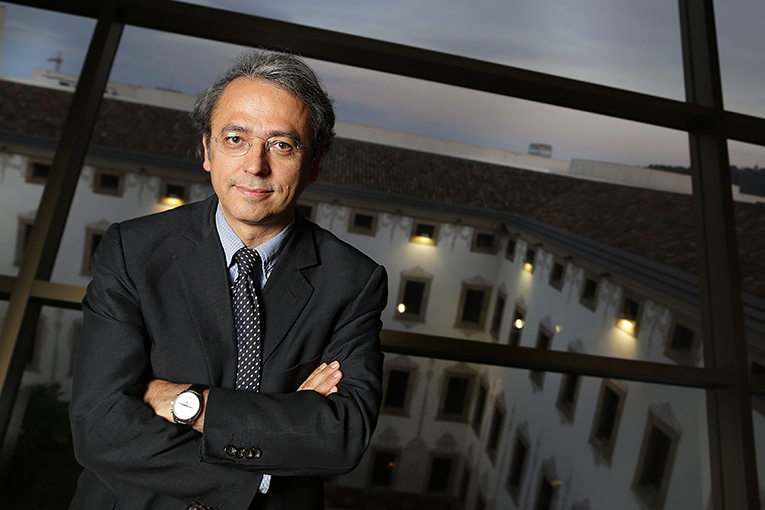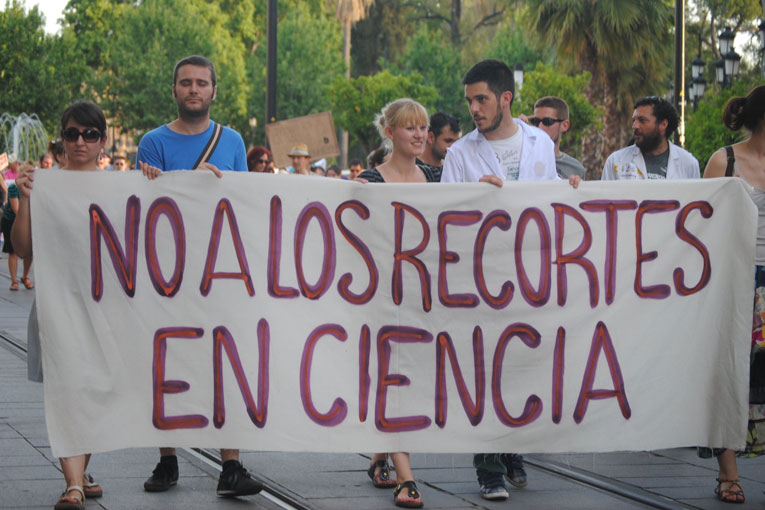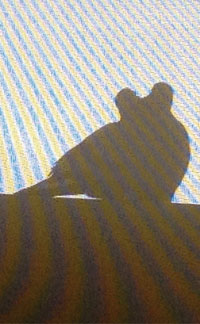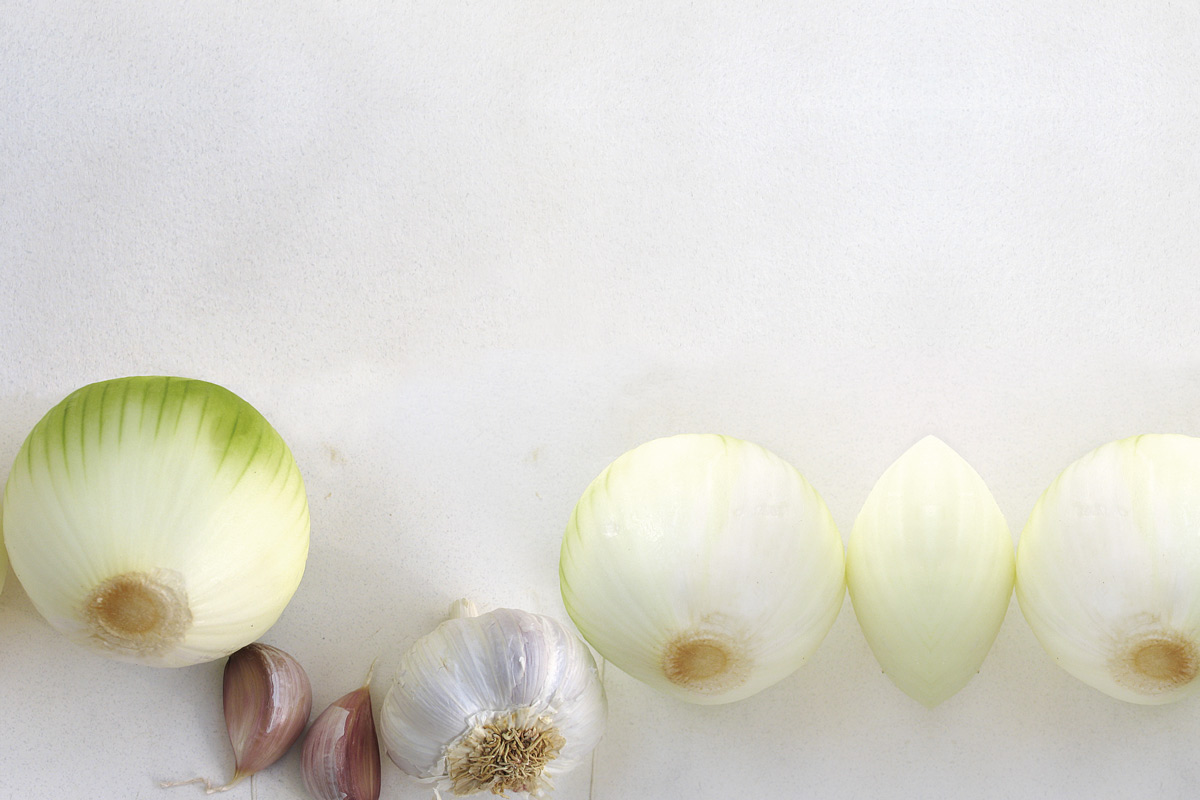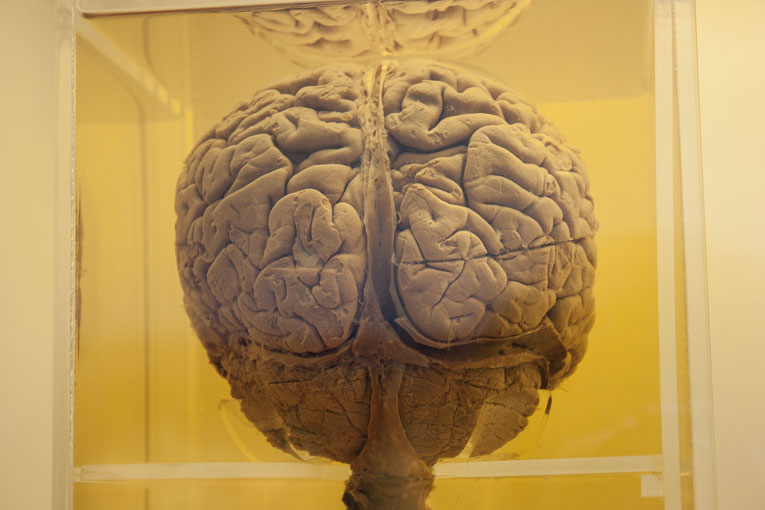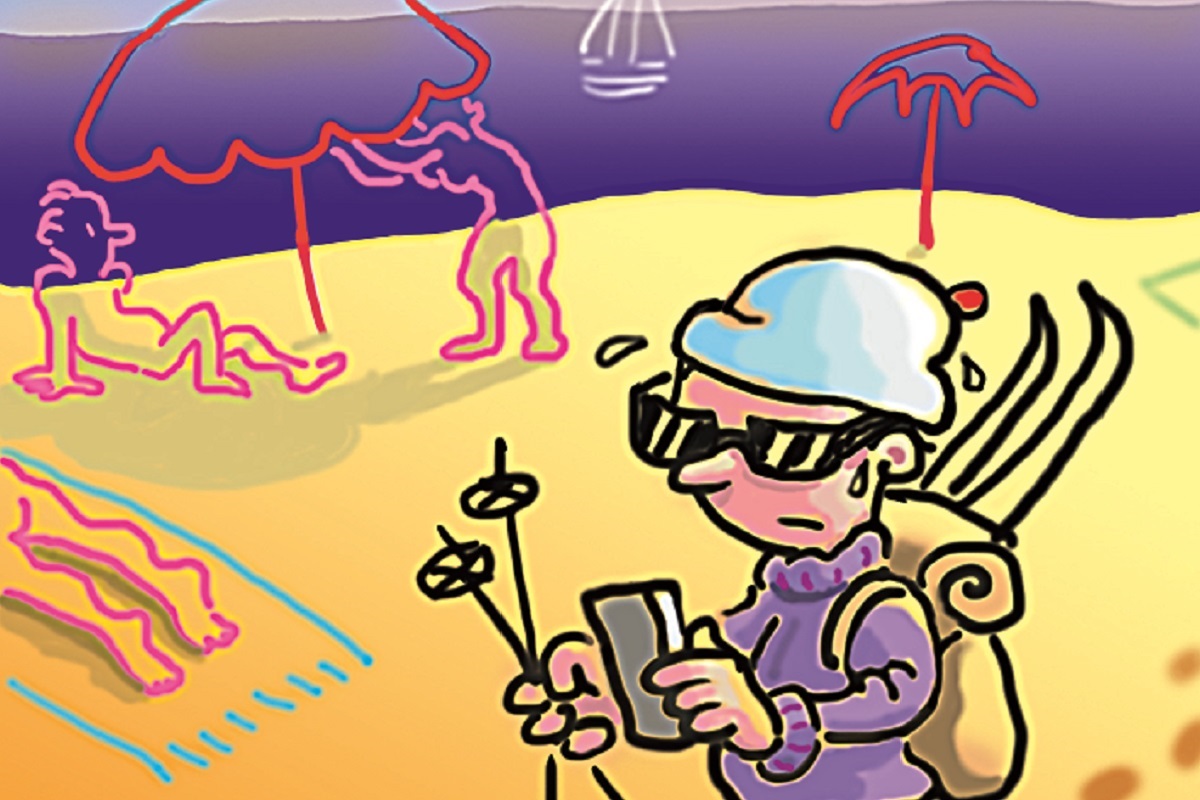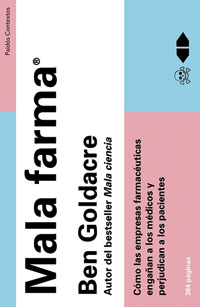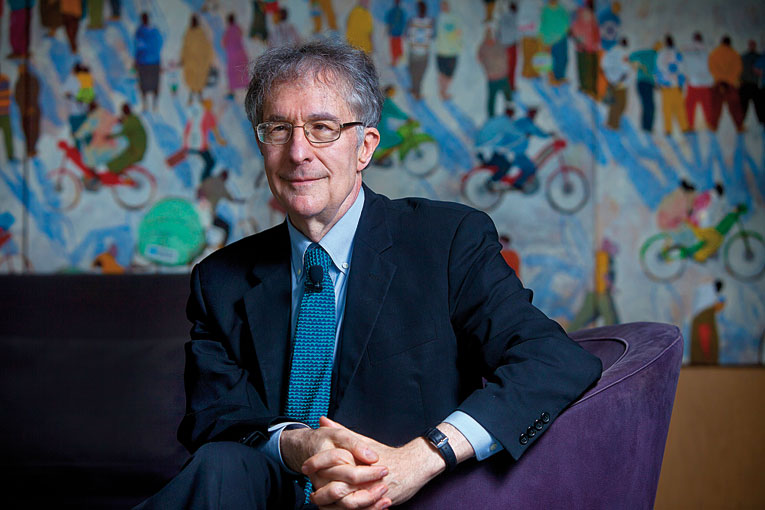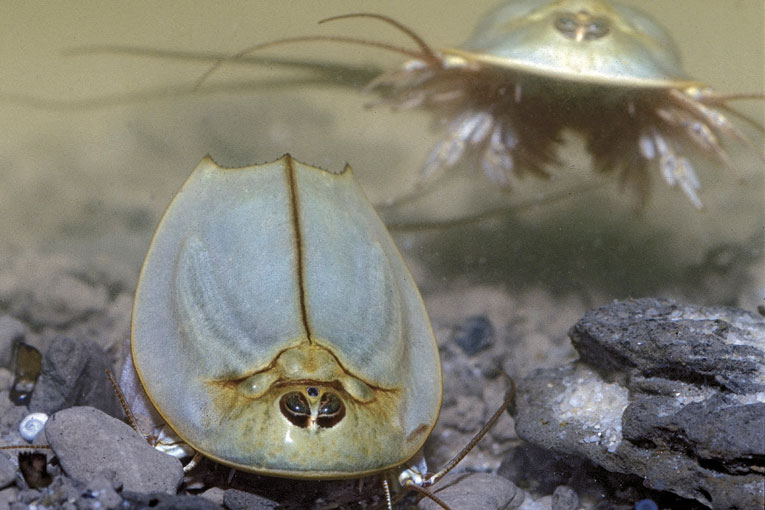Search
The activity we present to you today will help you observe and realise the vast range of colours that exist in nature, and will also make you have a nice
In the previous issue of Mètode I wrote about the Mars One project, which intends to send 24 colonists to Mars. The conclusion was that it looked like a spectacular scam.
One fine day I found I had a Mediterranean diet. Just as Molière’s character, who was happy to learn he was speaking in prose, I experienced the satisfaction of right and proper eating. It turns out humankind feeds wrong.
Until relatively recently, women have had problems gaining access to jobs traditionally taken by men such as medicine, professorships and research. Some women, however, like the three given as examples in this article, managed to become pioneers in the most difficult disciplines and areas requiring utmost dedication.
Between 1716 and 1717, Joan Salvador i Riera, an apothecary from Barcelona and Antoine de Jussieu, a professor of botany at Le Jardin du Roi in Paris, travelled the roads of Spain and Portugal, sometime by calash, sometimes on mule back, to make «botanical observations». This article provides a brief overview of the Salvador family and a glimpse of the journey made by these two naturalists.
The KNP (Kruger National Park) is not another one of the thousands of protected areas in the world: 260 km long, more than two million hectares, 900 km of fence,
A slow yet extremely reflexive writer We have to recognise it: without Alfred Russel Wallace (1823-1913), Darwin may have never published The Origin of Species. Retired in his house in Down,
English physicist and writer Charles Percy Snow (1905-1980) sometimes asked representatives of the so-called «traditional culture» – humanism for him – if any of them could explain the second law
«I try to transfer my research findings and knowledge to patients». Josep Maria Llovet describes his job in these words. He is one of the main world experts in liver
In 2003, European Union (EU) countries devoted an average of 1.9% of their GDP to research and technological development (RTD), while the USA and Japan were closer to 3%. The
[caption id="attachment_14152" align="alignleft" width="200"] Photo: Jorge Wagensberg[/caption] We all feel interdisciplinary thinking is necessary, but very few people actually practise it. It is commonly regarded as productive, but it is always
You will have probably heard about the Mars One project, a Dutch private initiative that aims to establish a permanent settlement on Mars. The news has had a strong impact
If we turn our gaze on the past of medicine we will immediately see how medical diagnoses –the terms identifying illnesses– are arbitrary and change over time. After all, diagnoses
[caption id="attachment_14099" align="alignleft" width="200"] Mala farma. Cómo las empresas farmacéuticas engañan a los médicos y perjudican a los pacientes. Ben Goldacre. Paidós. Barcelona, 2013. 364 pages.[/caption] Finally, a book explaining the
For psychologist Howard Gardner, professor at Harvard University, our brain is like an orchestra. Instead of brass or string sections, Gardner describes a landscape made from regions of cerebral cortex
The curious and primitive aspect of Triops is certainly noteworthy. In fact, it has been under consideration by zoologists for a long time. If we compared fossils with currently living



